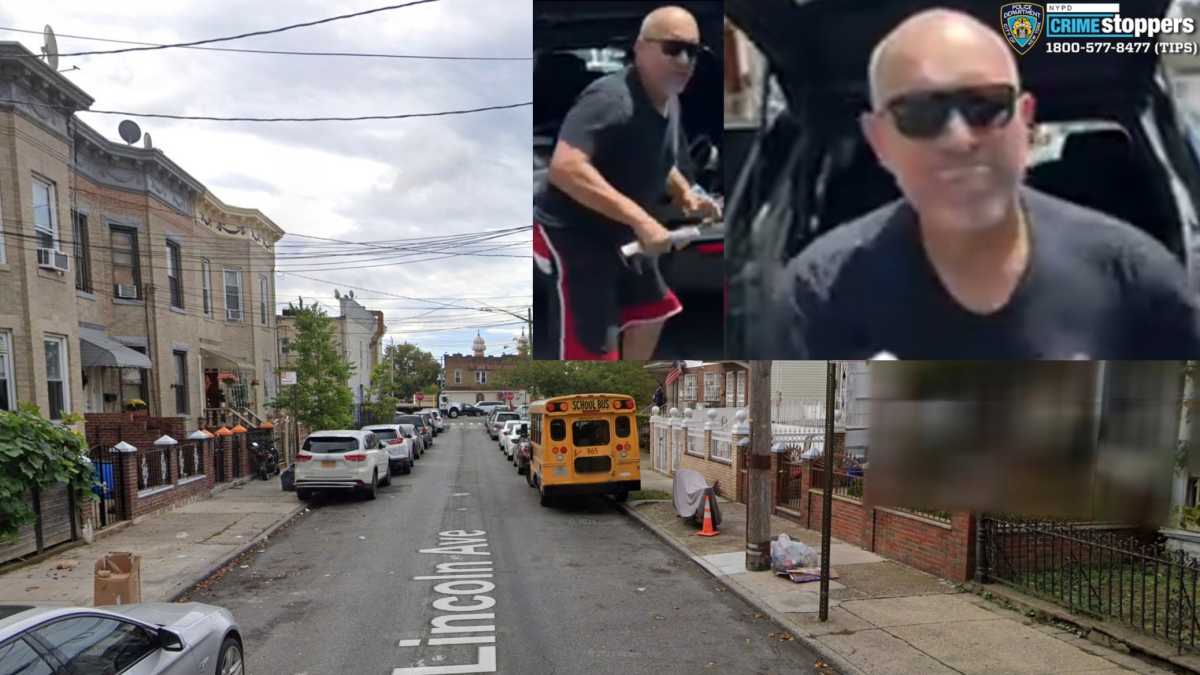Bragging about being “a perfect affirmative action baby” lowers the bar instead of raising it.
Yet, United States Supreme Court nominee Judge Sonia Sotomayor proudly wore the dubious mantle in public statements she made dating from the mid−1980s, which she provided to the Senate Judiciary Committee reviewing her recommendation to the nation’s highest tribunal.
“My test scores were not comparable to my colleagues at Princeton or Yale,” admitted the 54−year−old Bronx−born jurist during an early 1990s panel discussion, noting that if “traditional numbers” from test scores had been used, “It would have been highly questionable if I would have been accepted” because, according to her, such time−honored yardsticks of aptitude were based in “cultural biases.”
The proclamations are slipshod for a jurist to make and offer a troubling glimpse into the intellectual personality of Sonia Sotomayor who, if confirmed to the bench, would help navigate the legal fate of all US residents for the rest of her natural life.
Neither does she justify her ascension from humble beginnings by spotlighting – oftimes, tediously – her underprivileged Puerto Rican background as if that ill−starred springboard should have, automatically, doomed her to a life of failure. The successes of people from poorer backgrounds are not extraordinary in a nation where opportunity abounds for the able, dedicated and hard−working, and where affirmative action is a sour deal because it raises questions about the capabilities of veteran pundits, such as Sonia Sotomayor, who should be confirmed to the bench for her professional performances, not because of her escape from the ghetto – even though she will, likely, be confirmed by the 100−member Senate, in which 59 seats are controlled by the Democrats and which has foregone only 28 of the 158 selections made since the Supreme Court’s founding in 1789.
The jury is still out, though, on Sotomayor’s more controversial comments and rulings, such as her 2004 opinion that “the right to possess a gun is clearly not a fundamental right,” and her 2002 decision in the Center for Reproductive Law and Policy v. Bush that “the government is free to favor the anti−abortion position over the pro−choice position, and can do so with public funds.”
Ironically, last month the very Supreme Court she is aspiring to join overturned her judgement against a group of Connecticut firefighters, who grieved that the promotions they earned by outperforming their peers on a 2003 test were tossed out by Sotomayor because almost all of the high achievers were white.
Then, there’s her bombastic attempts to “inspire” young Latino lawyers and students by telling them that a “wise Latina woman” could arrive at better decisions than a white male. Say what? A fatherland has no place in US politics where all subjects are American, first and always. During her interview with the reviewing panel, Judge Sotomayor should have acknowledged that it was not Puerto Rico which gave her golden opportunities, but the United States of America.
Moreover, it would have been nice if the judge had demonstrated a burning desire for the job, or even apologized upfront for her “Latina” wisecrack instead of having the “regret” extracted from her by South Carolina GOP Sen. Lindsey Graham.
Committee Chairman Patrick Leahy (D−Vermont) assessed upon gaveling the first session, “Judge Sotomayor’s journey to this hearing room is a truly American story…let no one demean this extraordinary woman.”
No, indeed. Still, the personal voyage of every hard−working American to embrace life, liberty and the pursuit of happiness through hard work is a remarkable story, in itself, and a testament to the boundless human desire and capacity for success.
In that, Sonia Sotomayor is hardly unique.





















